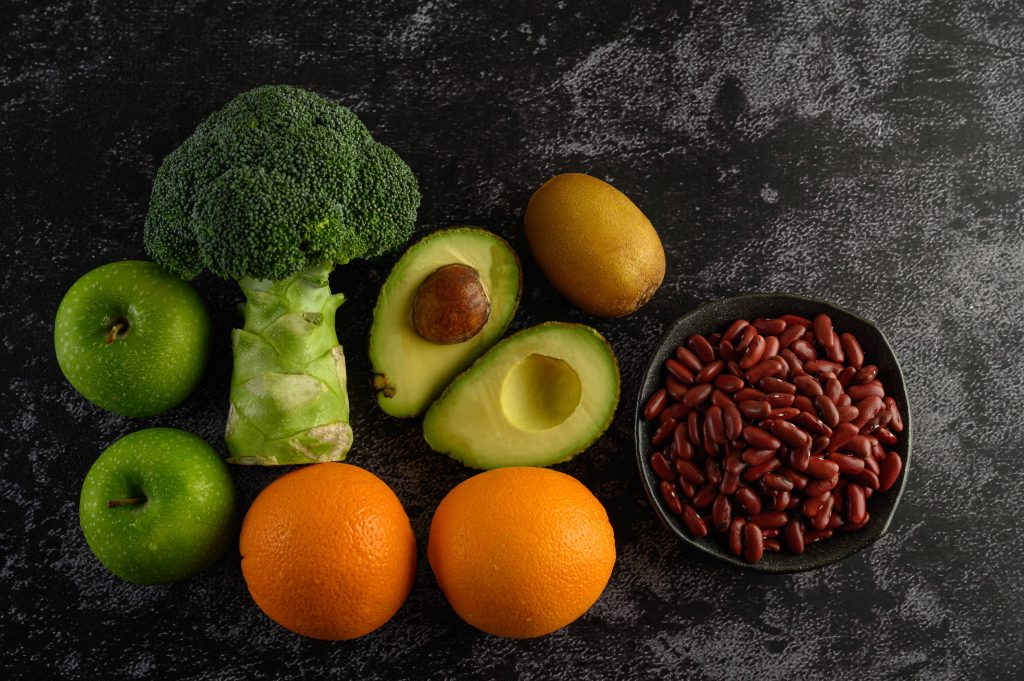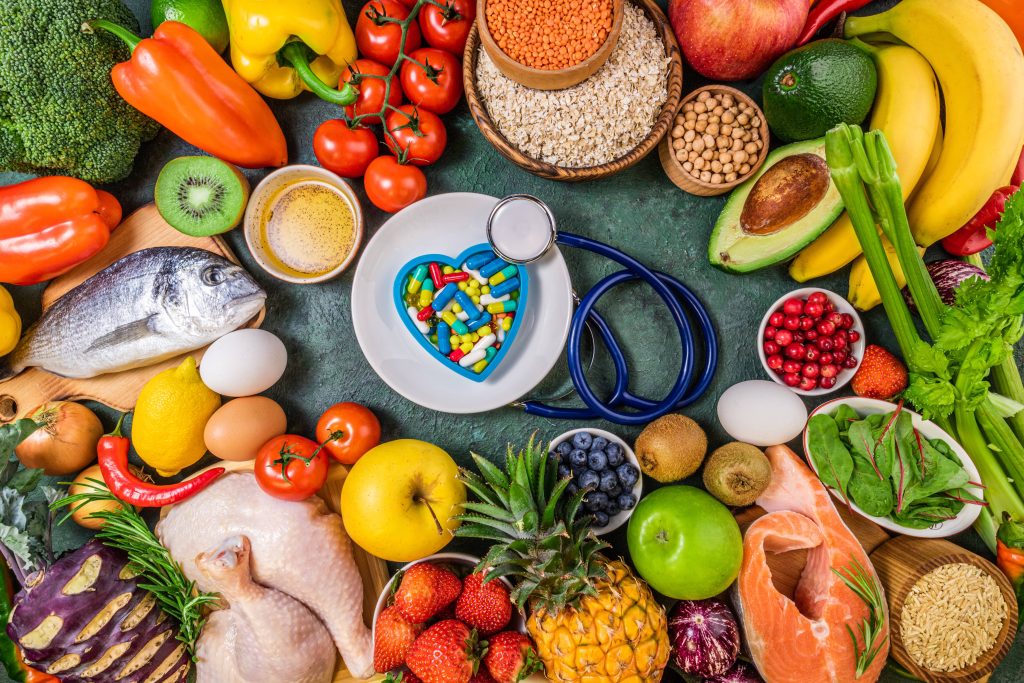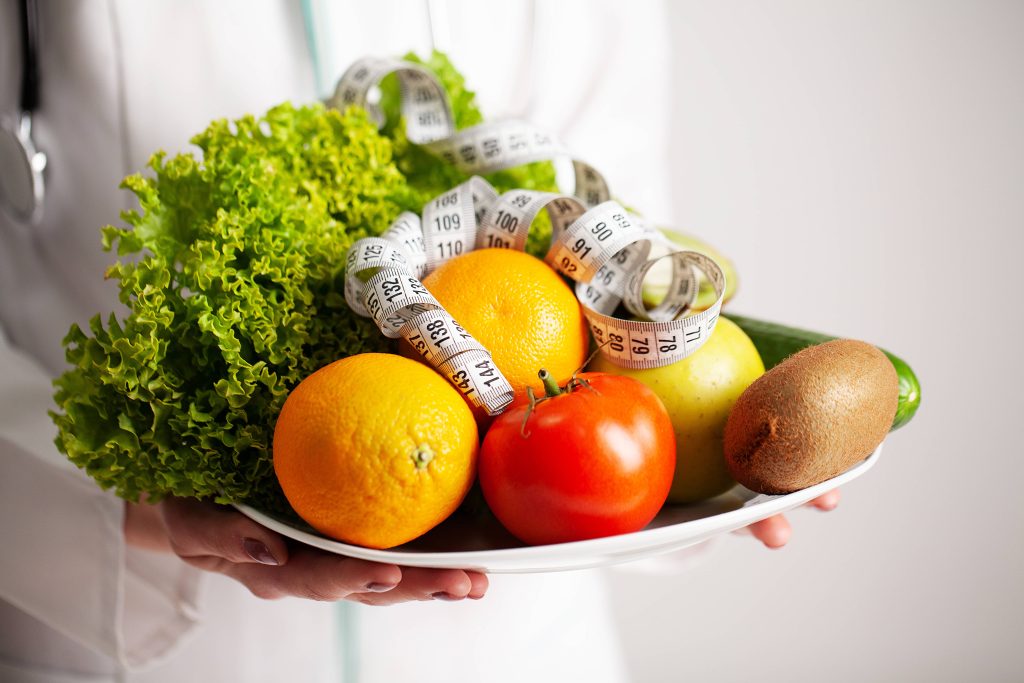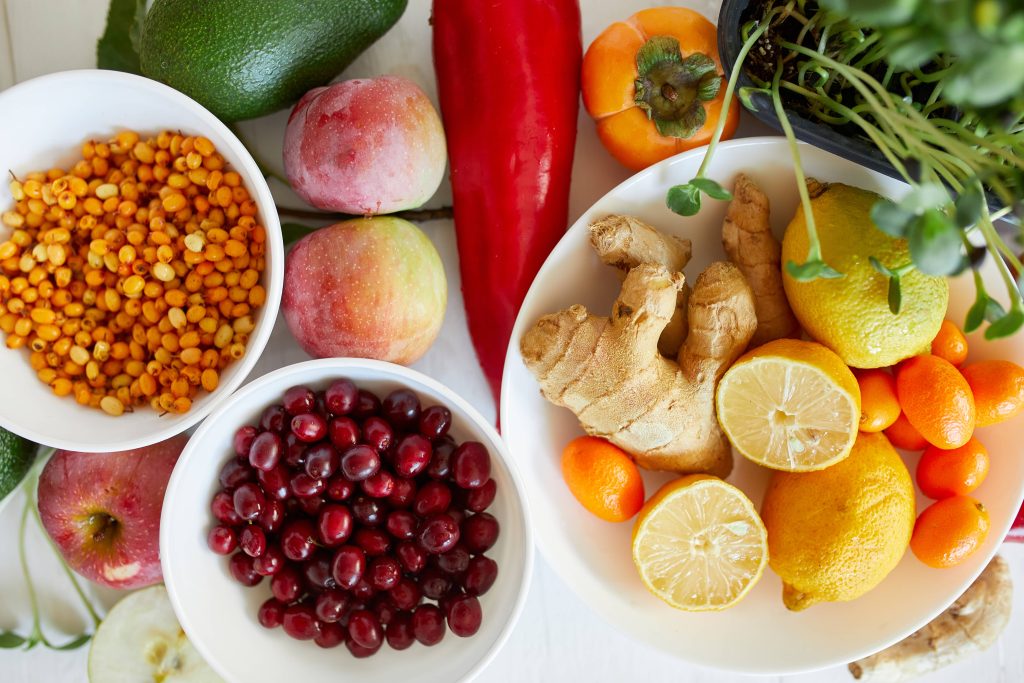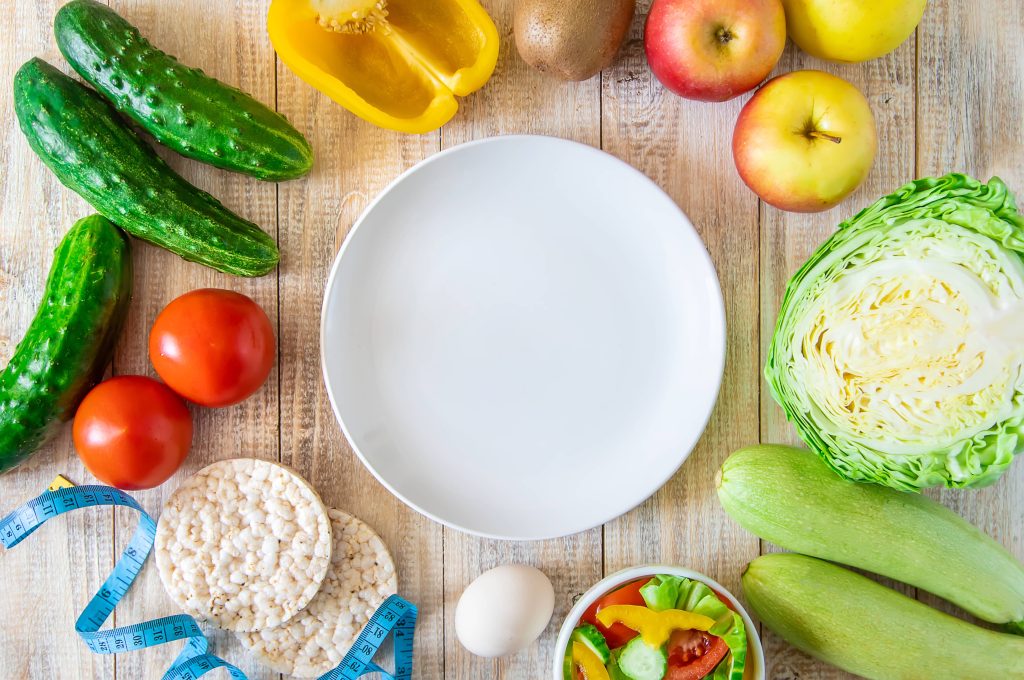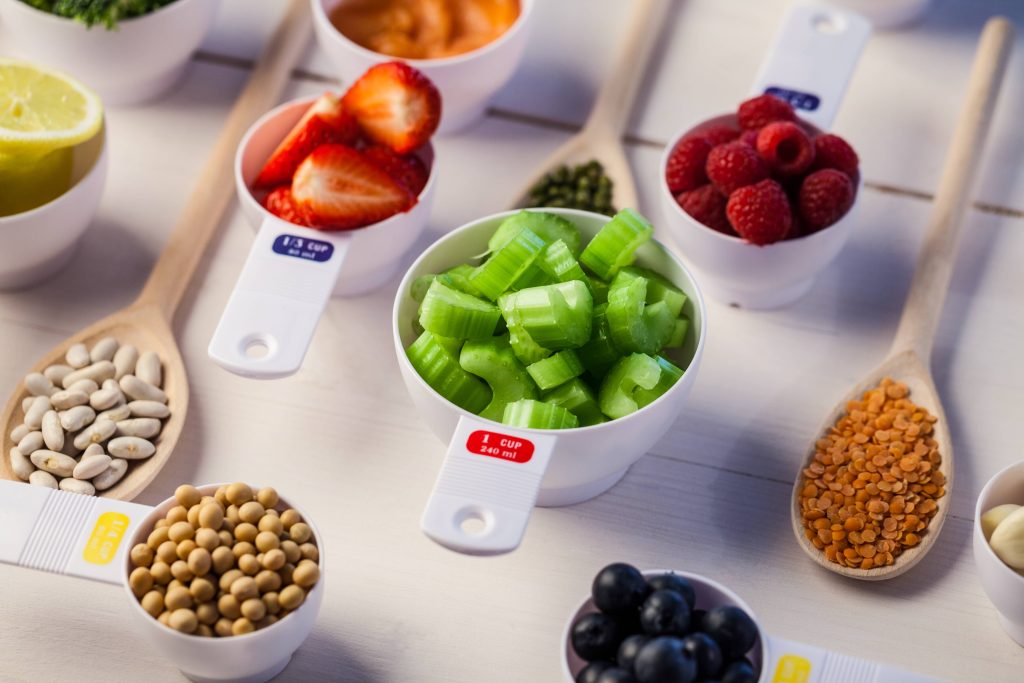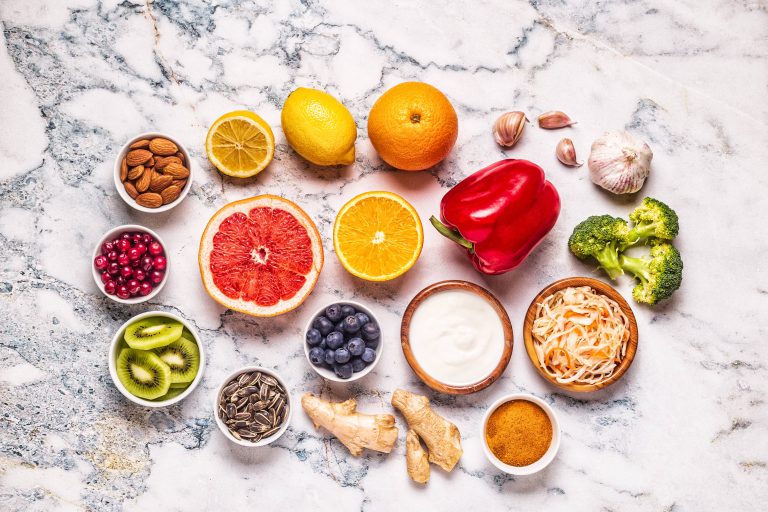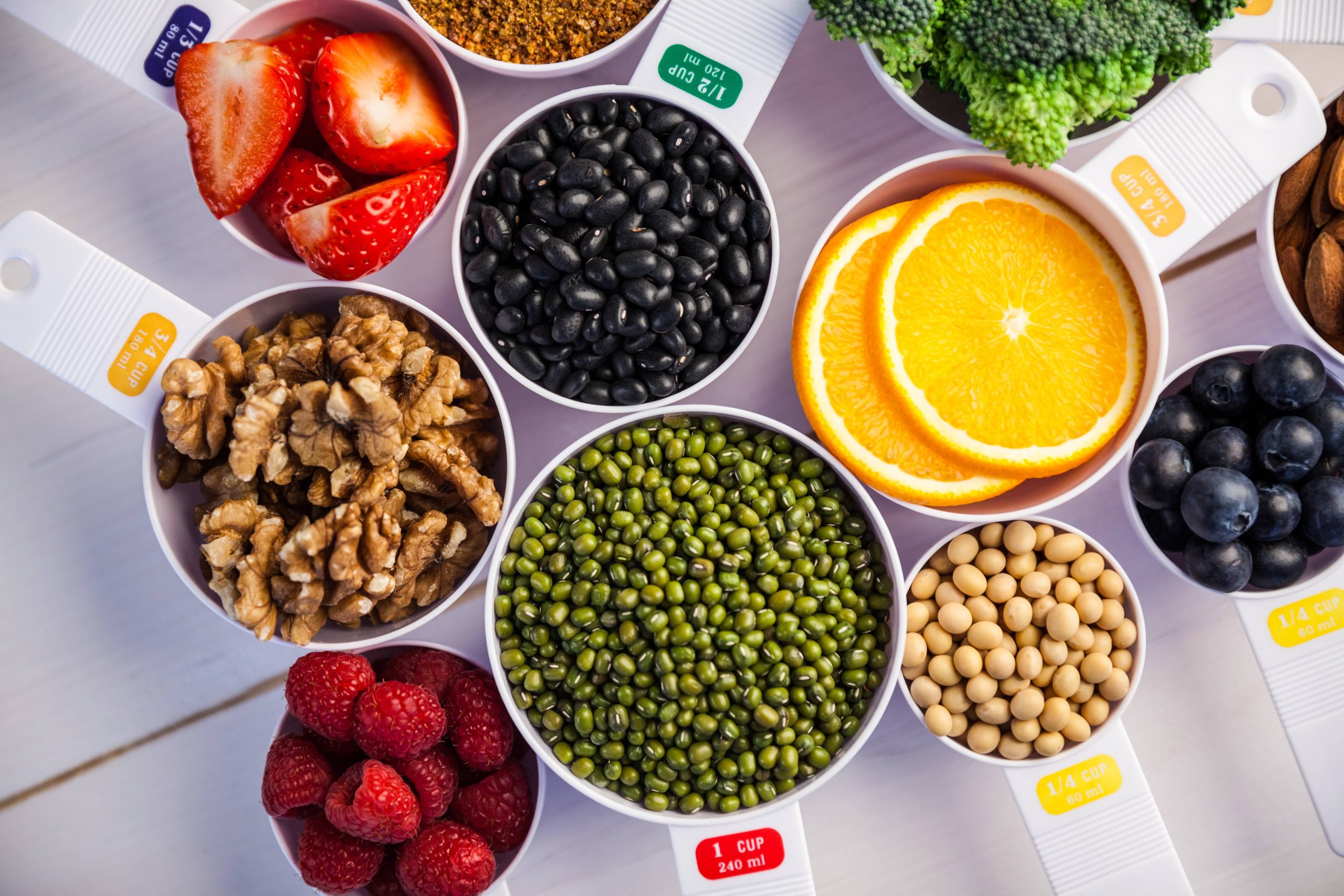
When it comes to fertility, many factors contribute to one’s ability to conceive, and diet is one crucial aspect that often gets overlooked. Nutrition plays a significant role in hormonal balance, reproductive health, and general well-being, all of which can enhance fertility. Adopting a natural diet rich in organic whole foods, targeted nutrients, and lifestyle changes can help those trying to conceive. In this blog post, we’ll explore how certain foods can enhance fertility naturally and how to incorporate them into your diet.
1. Understanding Fertility and Nutrition
Fertility is the capacity to conceive and bear offspring. For both men and women, fertility can be affected by several factors, including genetics, lifestyle, and environmental factors. Nutrition is a fundamental aspect often linked to fertility health. Eating a balanced and nutrient-rich diet helps regulate hormones, reduce stress, and create a welcoming environment for conception. By focusing on a natural and wholesome diet, you can support your body’s reproductive capabilities. We’ll dive into some key foods and nutrients that play a pivotal role in enhancing fertility naturally.
2. Foods to Include in a Fertility-Boosting Diet
2.1 Leafy Green Vegetables
Leafy greens like spinach, kale, and Swiss chard are high in essential nutrients such as folate, vitamin C, and iron. Folate is crucial for fetal development, and consuming adequate amounts before conception can reduce the risk of birth defects. Iron-rich foods help in the formation of healthy red blood cells, enhancing oxygen flow to reproductive organs, which can improve fertility.
2.2 Healthy Fats
Incorporating healthy fats into your diet is vital for hormonal balance. Omega-3 fatty acids, found in fish like salmon, chia seeds, and walnuts, play a role in inflammation reduction and support the balance of reproductive hormones. Olive oil, avocados, and nuts are also excellent sources of monounsaturated fats, which can promote ovulation and support sperm health in men.
2.3 Whole Grains
Whole grains are an integral part of a fertility-enhancing diet. They provide complex carbohydrates that facilitate sustained energy levels and contribute to maintaining balanced insulin levels. Managing insulin is crucial, as excessive insulin can interfere with reproductive processes. Opt for whole grains like quinoa, oatmeal, and barley over refined grains to bolster fertility.
2.4 Berries
Berries are rich in antioxidants, such as anthocyanins and vitamin C, which combat oxidative stress. Oxidative stress can negatively affect both sperm and egg health. Include a variety of berries like blueberries, raspberries, and strawberries in your daily diet to enhance reproductive health and protect reproductive cells from damage.
2.5 Dairy Products
Consuming full-fat dairy products has been linked with higher fertility rates, particularly in women. Full-fat yogurt, milk, and cheese provide essential nutrients like calcium and vitamin D, crucial for maintaining a healthy reproductive system. Vitamin D, in particular, plays a vital role in regulating the menstrual cycle and promoting healthy sperm cell development in men.
2.6 Nuts and Seeds
Nuts and seeds are nutritional powerhouses packed with protein, healthy fats, vitamins, and minerals. Almonds, sunflower seeds, and flaxseeds provide vitamin E, which supports sperm health and reduces oxidative stress. Zinc-rich foods like pumpkin seeds are beneficial for testosterone production and overall sperm health.
3. Balancing Lifestyle Changes
While adjusting your diet is key, incorporating healthy lifestyle practices is equally important to boost fertility.
3.1 Exercise Regularly
Engage in moderate exercise routines like walking, swimming, or yoga to maintain a healthy weight and improve circulation, which in turn enhances reproductive functions. However, excessive exercise can negatively impact fertility, so it’s important to find a balanced approach.
3.2 Stress Management
Chronic stress can impede fertility by interfering with hormone production. Incorporate stress-reduction techniques such as meditation, deep breathing, or guided imagery into your daily routine to maintain hormonal balance and support reproductive health.
3.3 Limit Alcohol and Caffeine
High consumption of alcohol and caffeine can adversely affect fertility for both men and women. Limit intake by opting for healthier alternatives like herbal teas, fresh juices, or simply water infused with slices of fruits or herbs.
3.4 Avoid Processed Foods
Processed foods are often high in unhealthy fats, sugars, and preservatives that can disrupt hormonal balance. Choose whole, nutrient-dense foods as described above to promote a healthier reproductive system.
4. Consult a Nutritionist or Healthcare Provider
Before significantly altering your diet, consulting with a healthcare provider or a nutritionist is recommended. They can offer tailored advice and identify specific dietary needs based on individual health profiles and fertility goals.
Conclusion
A natural diet focusing on nutrient-rich whole foods is fundamental for enhancing fertility. By prioritizing fertility-boosting foods such as leafy greens, healthy fats, whole grains, berries, and nuts, along with making supportive lifestyle changes, you can create an environment conducive to conception. Remember, significant dietary changes may take time to impact fertility positively, so patience and consistency are key. Equip your body with the necessary nutrients to enhance your fertility naturally, and approach the journey with a healthy mind and body.

